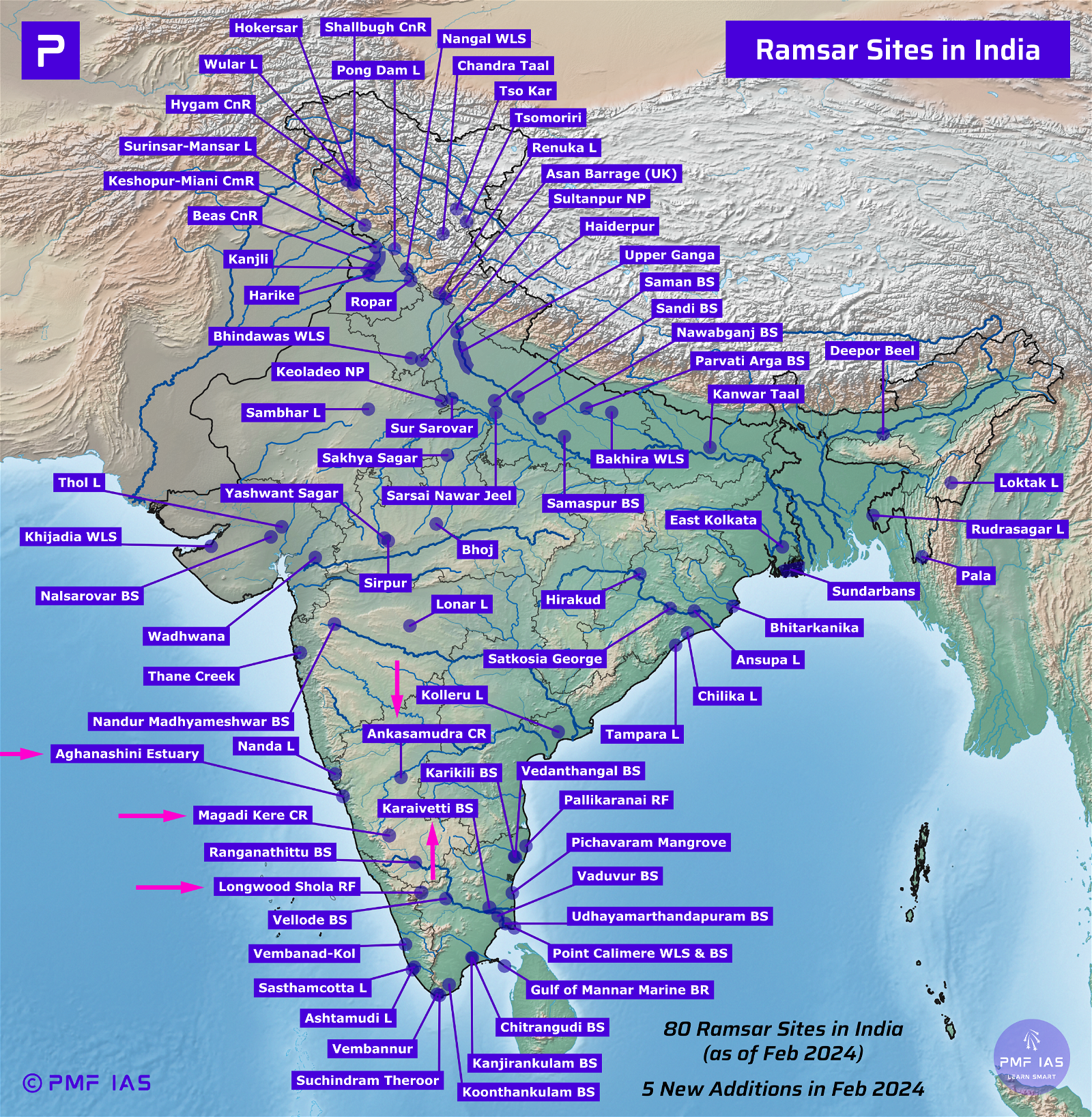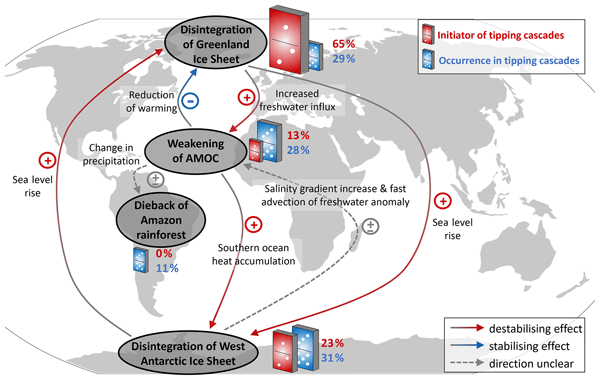
State sponsored Cyber Warfare
Subscribers of "Current Affairs" course can Download Daily Current Affairs in PDF/DOC
Subscribe to Never Miss an Important Update! Assured Discounts on New Products!
Must Join PMF IAS Telegram Channel & PMF IAS History Telegram Channel
- Context (IE): Large amounts of data from Chinese cybersecurity company have been leaked online.
- The company (I-Soon) was involved in collecting important digital information at home and abroad, covering countries such as India, Nigeria, Indonesia, and the United Kingdom.
- I-Soon, a Shanghai-based company, is thought to be among many private contractors aiding the Chinese state.
- These contractors assist in intelligence-gathering, hacking, and other surveillance activities.
- The leaks confirm the significance of the Chinese state’s cyber intelligence and cybersecurity apparatus.
- This is not the first time; in 2020, the Indian Express investigation found a Shenzhen-based company linked to the Chinese government monitoring over 10,000 Indian individuals and organisations.
What’s in the leaked data?
- One spreadsheet listed 80 overseas targets successfully breached by iSoon hackers. This included,
- 95.2 gigabytes of immigration data from India.
- 3-terabyte collection of call logs from South Korea’s LG U Plus telecom provider.
- 459GB of road-mapping data from Taiwan was listed.
- Within China, the targets seemed to include ethnicities and dissidents in parts of China that have seen significant anti-government protests (Uyghur Muslims).
- The information also reveals the hacking tools used to find identities on social media platforms and access emails.
- I-Soon had the capability to hack X (Twitter) accounts, even with two-factor authentication.
- Devices resembling batteries were used to attack Wi-Fi networks.





![PMF IAS Environment for UPSC 2022-23 [paperback] PMF IAS [Nov 30, 2021]…](https://pmfias.b-cdn.net/wp-content/uploads/2024/04/pmfiasenvironmentforupsc2022-23paperbackpmfiasnov302021.jpg)










